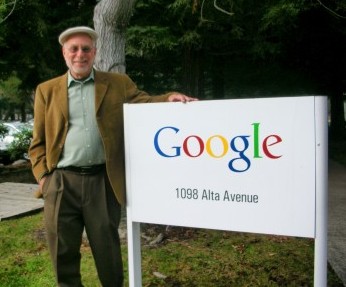 Innovative, cutting edge, cooperative culture, commitment to excellence, aggressively seeking to increase market share…all these attributes have defined the Toyota Motor Company for the 45 years since they first entered the US marketplace in 1965. And then the headline in the NY Times yesterday, “Toyota’s Slow Awakening to a Deadly Problem.”
Innovative, cutting edge, cooperative culture, commitment to excellence, aggressively seeking to increase market share…all these attributes have defined the Toyota Motor Company for the 45 years since they first entered the US marketplace in 1965. And then the headline in the NY Times yesterday, “Toyota’s Slow Awakening to a Deadly Problem.”
An accelerator defect has caused deaths and near deaths since 2002, and resulted in over 2000 complaints, and yet it was not until last Friday that the Chairman and grandson of the founder, Akio Toyoda, finally publicly stated that he was “deeply sorry” for the problem and resulting recalls. Other senior management formally apologized and expressed confidence that the solution to the problem is imminent. But as of today there is still no conclusive evidence that a solution has been found. Remember, this is eight years since the problem was first identified. How can an industry leader permit this lax attitude, especially since Toyota’s reputation was built on quality? For that matter how could General Motors allow Toyota to out-do them in their own back yard in the first place?
My answer? Act as if you have competition breathing down your back despite how well the business is doing, and make sure to stay true to core values. ”Watch your back” should be emblazoned on every company’s walls, because sooner or later in a free market economy, a competitor will be there to challenge a successful enterprise, and only a “hungry” company will be able to hold their own.
Fast forward to this afternoon. I was invited to give a talk at Google’s main campus in Mountain View, California. Campus is an apt term for the facility. Lap pools, beach volleyball, high-end food courts, and 24-hour access only begin to describe the experience. All they needed was a raucous fraternity house to really feel like a college campus!
The employees who worked there were even more exciting than the physical plant. They were universally “up,” stimulated, and excited about their work and their workplace. I was told that engineers are encouraged to spend 20% of their work time on something independent, new and exciting. Working collaboratively, not being satisfied with “good” but working for “great,” constantly staying ahead of the game (think Google phones), and thus maintaining superiority.
So when does Google turn into Toyota?
When they take their eye off the ball, rest on their laurels, and not want to publicly admit when they screw up, and take full charge of the situation.
Just like people, there are lifecycles to businesses. With the wide-eyed youthful energy and excitement that the 20-somethings bring to the 10 year-old Google enterprise, presumably there are many years to go before approaching the complacency of a middle age “success” story.
